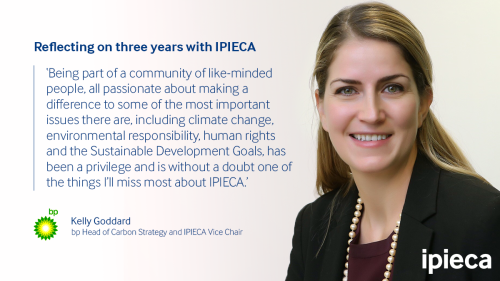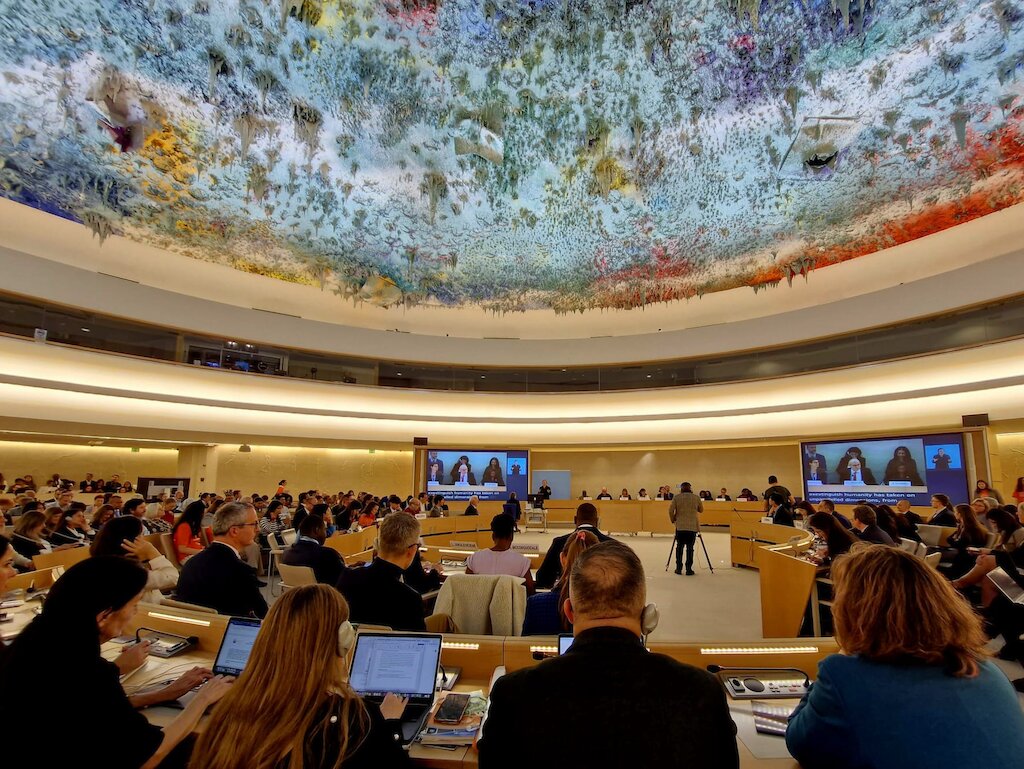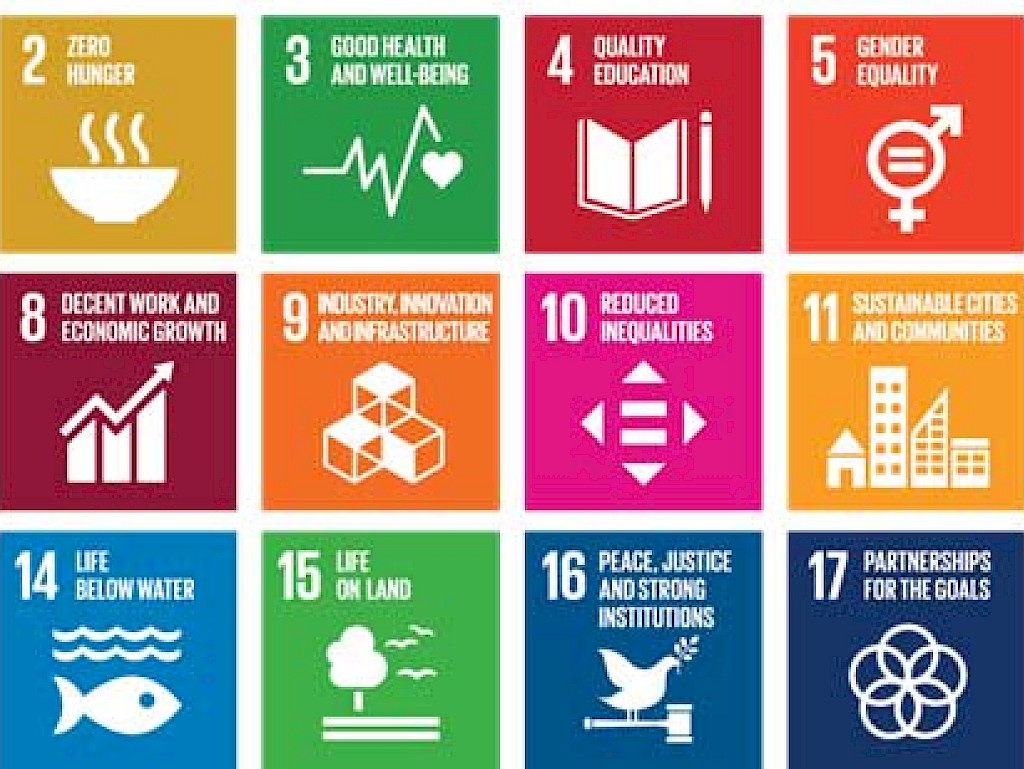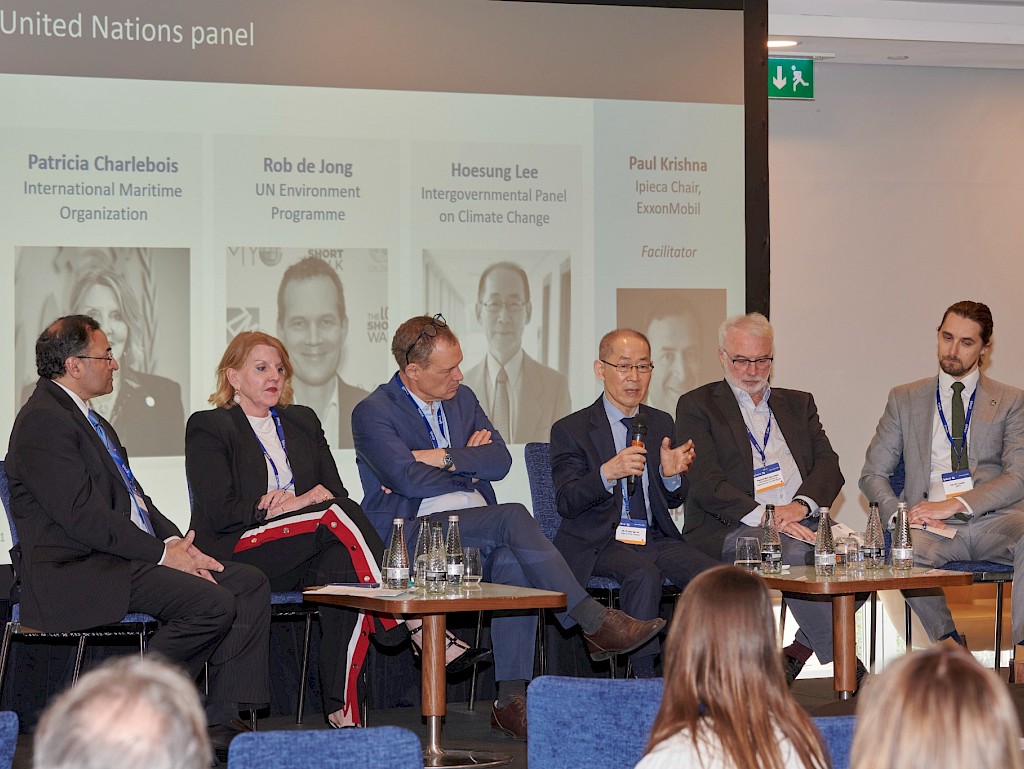As I come to end of my tenure with Ipieca as its Vice Chair and member of its Social Responsibility Group it seems fitting to reflect on my time with Ipieca.
I don't think I'll ever forget my first Ipieca ExCom meeting, which took place during the 2019 Ipieca Week in Washington. Finding myself in a room full of some of the oil and gas industry's leading sustainability practitioners and senior figures from UN, civil society and academic institutes was exhilarating. The opportunity to be part of a community of like-minded people, all passionate about making a difference in some of the most important issues there are, including climate change, environmental responsibility, human rights and the Sustainable Development Goals, has been a privilege and is without a doubt one of the things I'll miss most about Ipieca.
During my time with Ipieca, in addition to my work with the Social Responsibility Group, I've had the chance to work with experts on all of the sustainable development topics covered by Ipieca. Being a part of Ipieca has solidified for me the undeniable connection between climate, nature, people and sustainability and the important role which business can play in these areas.

Human rights, which are central to Ipieca's work, are a prime example of an issue to which business can make a huge contribution and in doing so, can have a positive impact across the whole sustainable development agenda. This is especially true of the oil and gas industry. With its global footprint and long supply chains, we can make a positive difference on human rights worldwide.
Working with members from other oil and gas companies and stakeholders from other sectors to share our collective expertise on human rights has been a really rewarding experience. We distilled this shared knowledge into a whole host of practical guidance covering human rights due diligence, impact assessments, grievance mechanisms, responsible security, engagement with Indigenous Peoples, and supply chain labour rights. Knowing that the suite of good practice guidance that we developed is being used by companies right across the across the oil, gas and alternative energy industries to operationalize the UN Guiding Principles on Business and Human Rights and embed respect for human rights into their processes and on the ground actions is an incredible feeling.
While talking about human rights, I would like to signpost a recent addition to our resources, the Human rights due diligence guidance. Like most of Ipieca's work it is a practical guidance, providing step by step advice on how to develop human rights due diligence processes and incorporate these into a company's existing human rights framework.
2021 has been an exciting year at Ipieca. At the beginning of the year, we launched a new vision, which places supporting the oil and gas industry's contribution to the energy transition and sustainable development at the heart of what we do, alongside advancing the industry's environmental and social performance. We have developed a four year strategy to achieve that vision, with action focused climate, nature, people and sustainability thematic strategies in place.
A key part of our people strategy is to support a just transition. We are doing this in a number of ways through a Just Transition Task Force. We are examining energy transition enablers, such as nature-based solutions, leveraging the environmental and social performance expertise of our members to ensure that these enablers can be scaled up quickly but in a way that does not come at the cost of local communities or ecosystems. The task force will also work on bringing together the industry to share lessons and best practice, define its role in supporting the just transition and engage in the international dialogue on the just transition. I believe this work is of real importance as a just transition not only shares the benefits of transforming our energy system, it should also lead to an accelerated energy transition.
While I am leaving my official role at Ipieca, I will certainly be staying in touch with my Ipieca colleagues and look forward to seeing, and of course using, its upcoming guidance and tools on climate action, environmental responsibility, social performance and mainstreaming sustainability.
I'd like to use this opportunity to thank all of the 1,000 plus sustainability experts who make up Ipieca's membership as well as the Ipieca secretariat for their hard work, energy and dedication - it has been a pleasure and a privilege working with you - and pass on my best wishes to my successor as Ipieca Vice Chair, Elizabeth Jackson, bp's VP Environment and Social.



